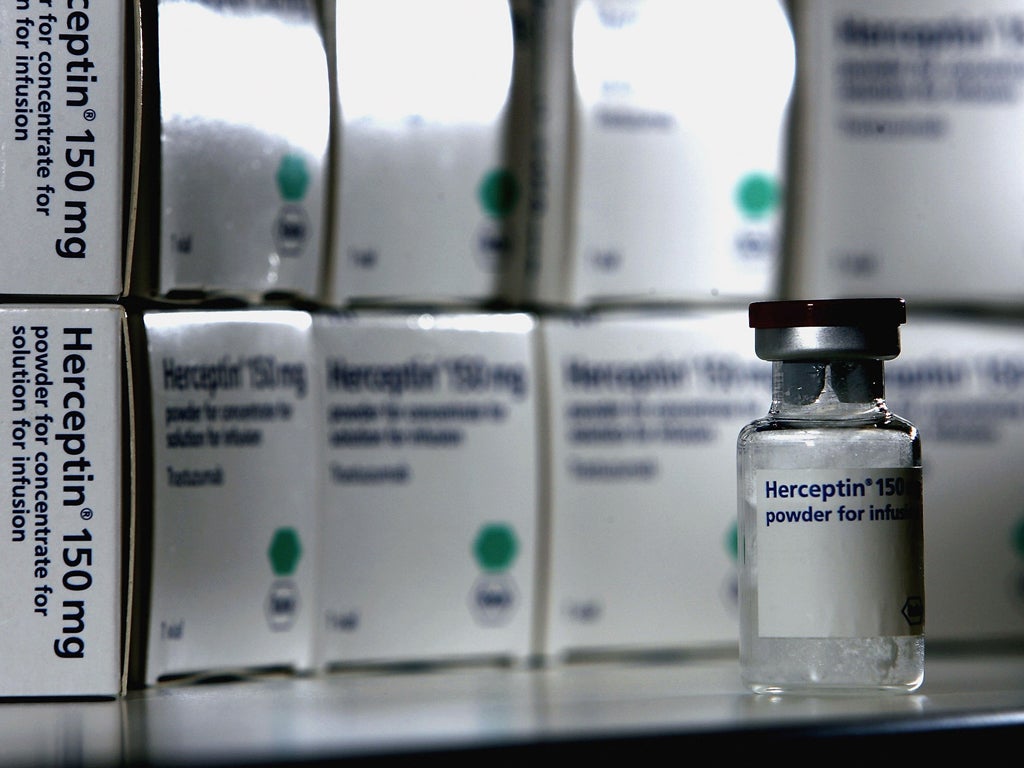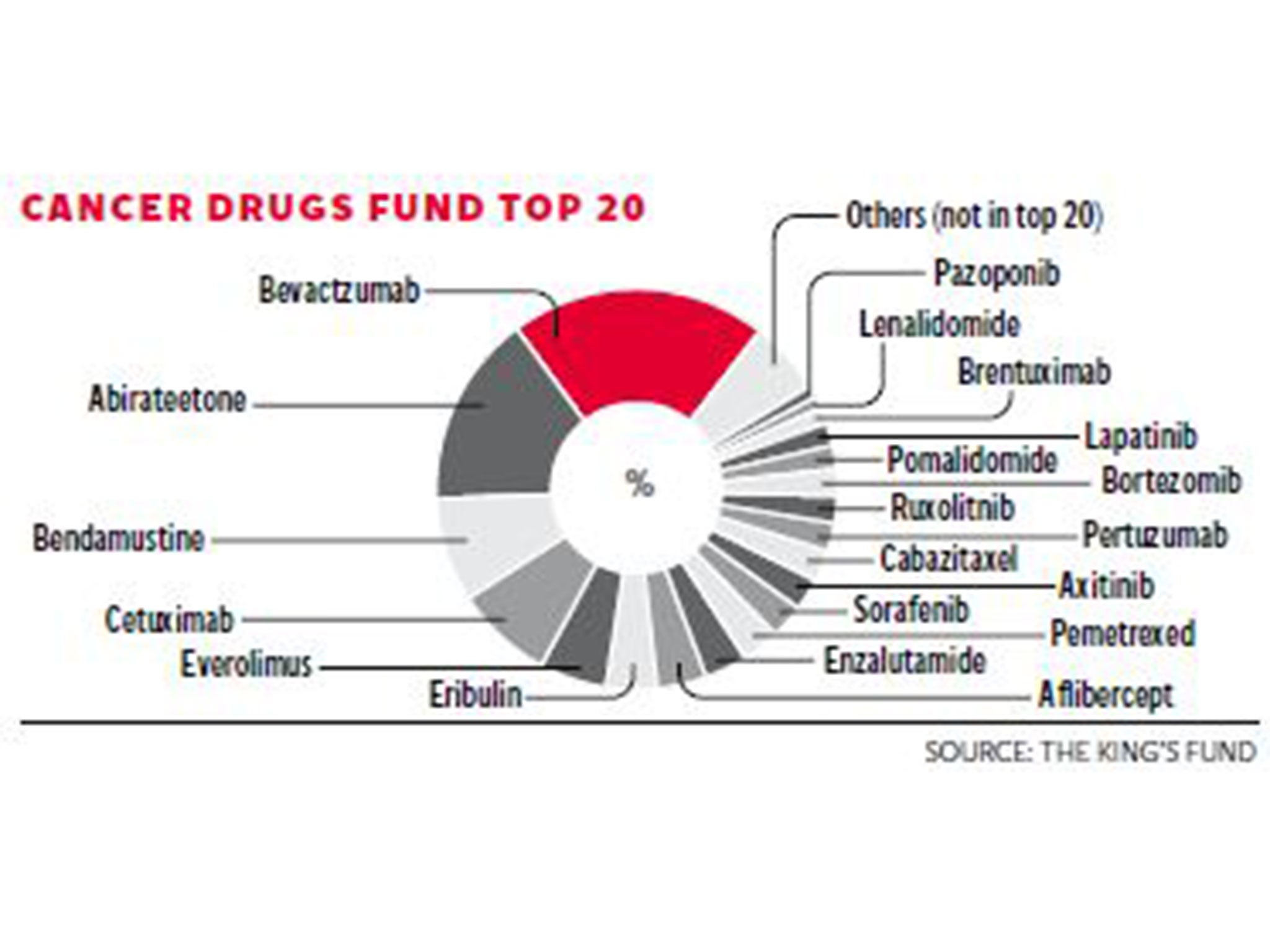Cancer Drugs Fund ‘undermines NHS rule that all patients equal’

The Government fund that pays for life-extending drugs for terminally ill cancer patients “undermines” the NHS principle that all patients are equal, and gives a “perverse incentive” to drug companies to keep their prices high, a healthcare finance expert has claimed.
John Appleby, chief economist at the influential King’s Fund think tank, said that using the fund to pay for drugs already rejected for NHS use on cost grounds raised “a fundamental ethical dilemma”.
Most of the drugs allocated to patients under the Cancer Drugs Fund (CDF) have already been rejected on the grounds of cost by the NHS’s drugs rationing body, the National Institute of Health and Care Excellence (Nice), which makes decisions on all NHS treatments based on the costs versus the known benefits.
The CDF was set up by the Coalition in 2010 after forming one of the key promises in the Conservatives manifesto on health, and the Government says that 55,000 people have benefited so far. Jeremy Hunt, the Health Secretary, recently announced a £160m boost which will see it continue for two more years.
But in a blog for the King’s Fund’s website, Mr Appleby writes: “Should certain NHS patients’ lives be valued more highly than others? In effect, the CDF undermines the underlying Nice/NHS principle that all lives are of equal value regardless of disease or any other patient characteristic.” Mr Appleby, a respected commentator on the NHS, added that the CDF also offered a “perverse incentive” to drug companies to keep their prices high and should be abolished, with its responsibilities handed back to Nice.
“Faced with the possibility that their drug may fail Nice’s threshold, a manufacturer could, within limits, seek to reduce production costs and/or decide to trade off some profit against a lower price… to meet Nice’s approval criteria,” he writes.

“But the CDF attenuates these incentives to maximise productive efficiency and minimise prices. It creates a moral hazard and has introduced a perverse incentive for drug manufacturers.”
Just three manufacturers – the pharmaceutical giants Roche, Janssen and Novartis – produced nearly half the drugs allocated under the CDF. Overall spending on the fund will have been more than £1bn by 2016. The CDF, which can only pay for drugs for patients in England, has enabled access to 41 drugs for a range of cancers.
Application for funding from the CDF must be made by a patient’s doctor, and is usually only approved if the patient has tried all treatments available on the NHS, and their condition is terminal.
Cancer charities, including Macmillan, back the fund. The organisation tasked with collecting data on the impact it has had on patients, the Chemotherapy Intelligence Unit at Oxford, has not yet published its analysis, Mr Appleby said.
The CDF’s chairman, Professor Peter Clark, has pledged a review of the way the fund works, and admitted that some of the drugs it pays for offer “at best a modest or no impact on survival, and uncertainty as to whether quality of life is improved or not”.
Nice’s chief executive, Sir Andrew Dillon, recently told MPs that he did not think the CDF “makes any sense”.
“It’s not a criticism of the decision to allocate more money to cancer. It’s about an alignment of processes and methodologies that we need to get sorted out,” he told MPs on the Health Select Committee earlier this month.
The Department of Health was yet to comment tonight.
Join our commenting forum
Join thought-provoking conversations, follow other Independent readers and see their replies
Comments
Bookmark popover
Removed from bookmarks